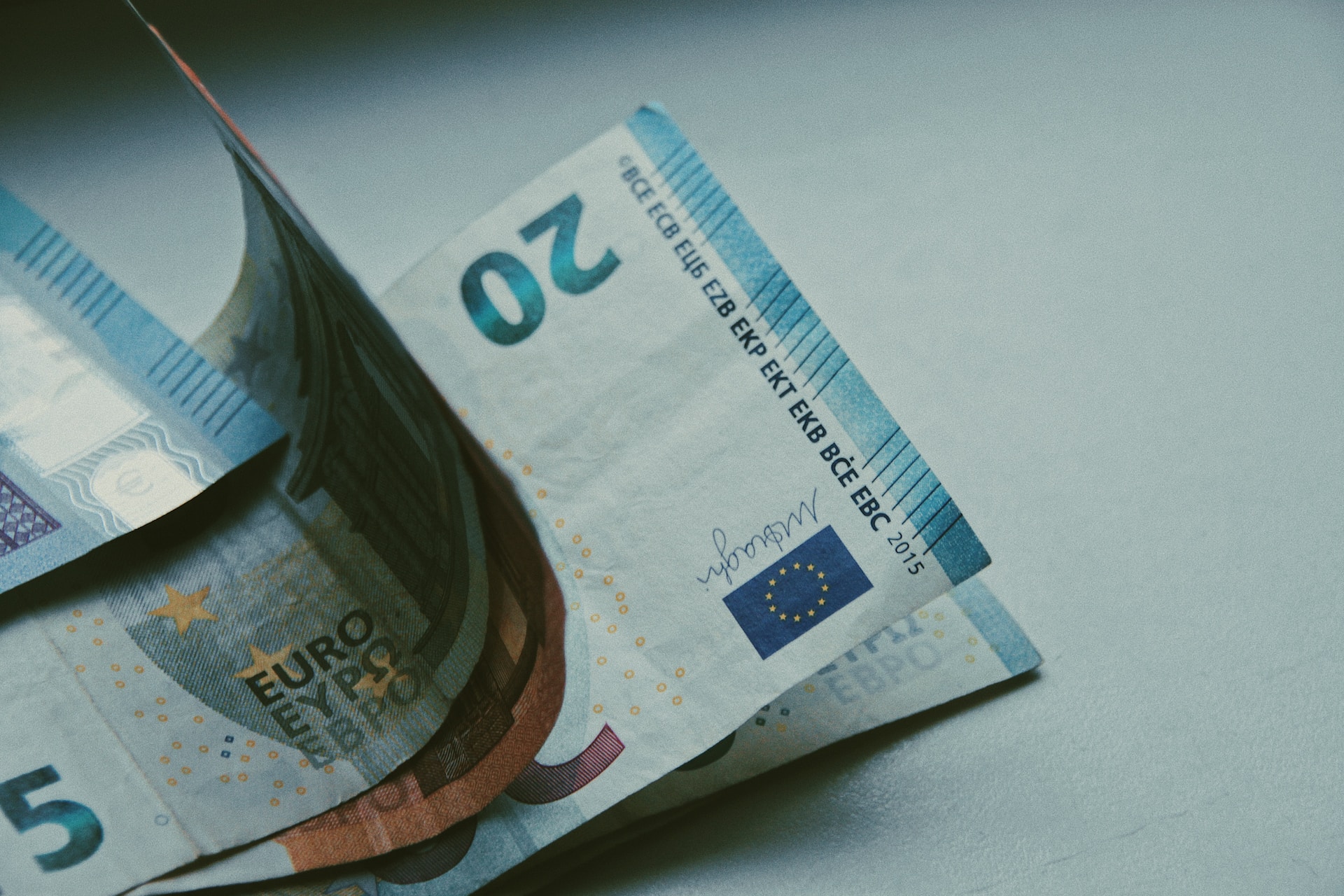International PhD candidates on scholarships are very concerned about their financial situations, Delta reported earlier. PhD Network Netherlands is now sounding the alarm.
Without a side job or extra support from their families, scholarship students struggle to make ends meet. (Photo: Unsplash)
Most of the estimated 3,800 international PhD candidates on scholarships in the Netherlands have an income that’s below the minimum wage, a survey by PNN shows. They earn way less than PhD candidates with an employment status, who receive between 2,500 and − in their fourth year − 3,200 euros.
Their income consists of a scholarship (from their home country), possibly complemented by an allowance from the Dutch university where they work. Without a side job or extra support from their family, they have a hard time making ends meet. The PNN report cites a research article by Delta in which several PhD candidates on fellowships talk about their difficult situation.
Without rights
They don’t only earn less than PhD candidates that are on the payroll, but they also have fewer rights. According to PNN chair Anneke Kastelein, this has all kinds of consequences. “They’re not eligible for student accommodation, and they also have a lot of trouble renting anywhere else as they’re not able to show a salary slip. Due to their unclear status, they don’t qualify for a Dutch healthcare insurance or benefits either.”
‘Offer the PhD candidate an employment agreement, like they do for other types of funding’
What’s more, over a third of the 250 PhD candidates that participated in the survey are afraid they won’t be able to complete their PhD project on time. For some this would mean they would have to pay back the entire scholarship in their home country. In the Netherlands, the average PhD takes more than five years to complete, but PhD candidates on scholarships are under huge pressure to do so within four years.
Mental problems
Two third of the respondents are experiencing high − or even extremely high − work pressure, and some of them have to deal with transgressive behaviour to boot. All of this affects their mental health, which a quarter of all respondents describes as bad to very bad.
The working and living conditions of international PhD candidates on scholarships in the Netherlands are in need of urgent improvement, PNN believes. “Route the scholarship through the institution, which can then offer the PhD candidate an employment agreement, like they do for other types of funding”, chair Anneke Kastelein says. Alternatively, give PhD candidates a higher allowance on top of their scholarships and make agreements about sick leave, pregnancy leave and contract renewal.
Marie-José van Tol, chair of academic society The Young Academy, supports PNN’s stance: “We trust the academic community to defend the interests of international PhD candidates on scholarships and create optimal working conditions for them.”
HOP, Hein Cuppen | Translation: Taalcentrum-VU
- Delta wrote earlier: PhD candidates with scholarships fall between the cracks: ‘They are beyond vulnerable’
Do you have a question or comment about this article?
redactie@hogeronderwijspersbureau.nl


Comments are closed.